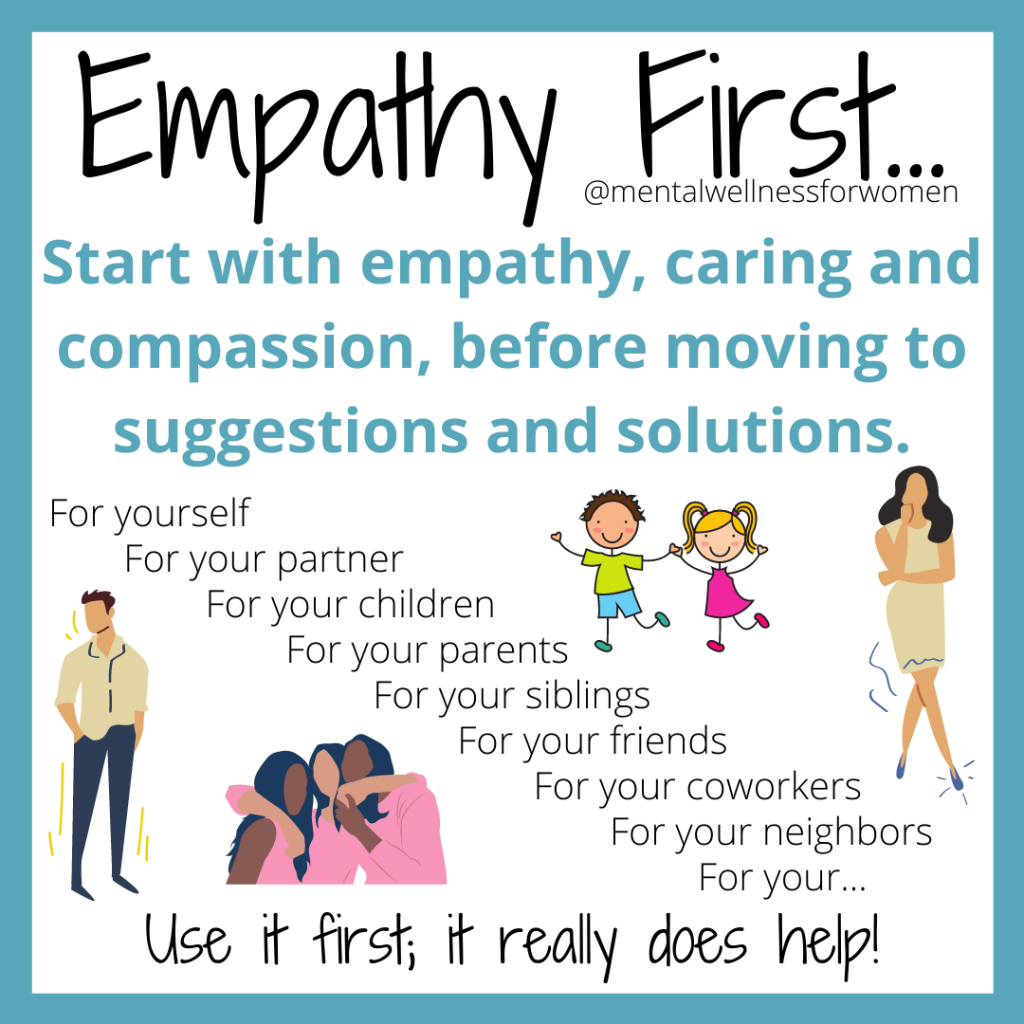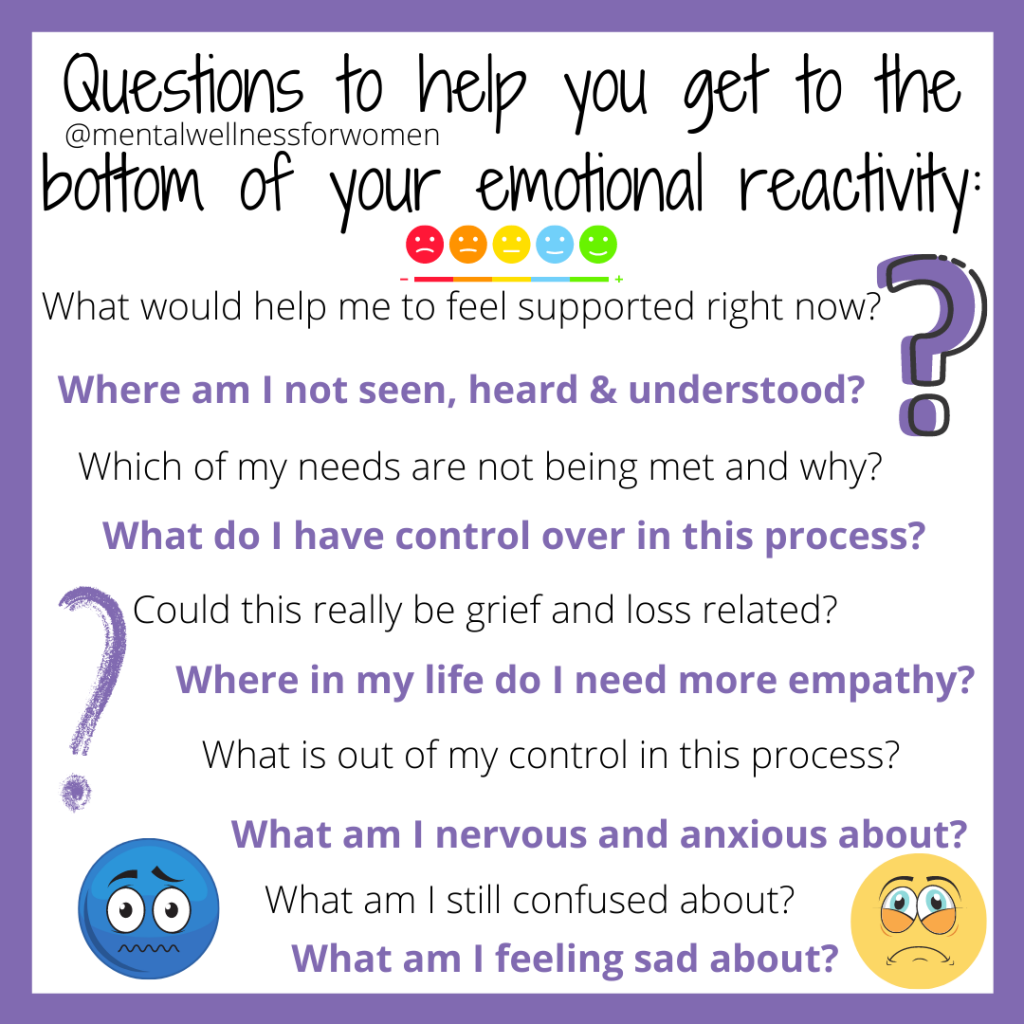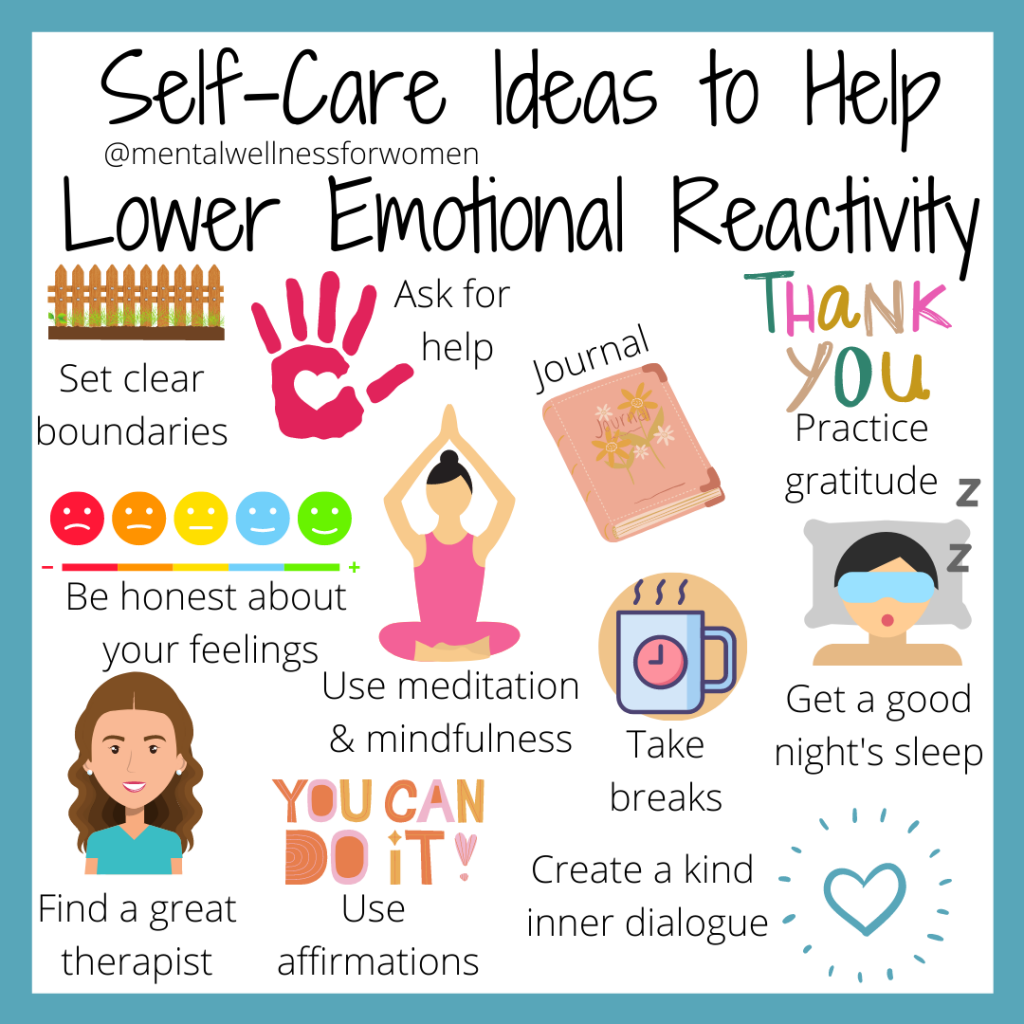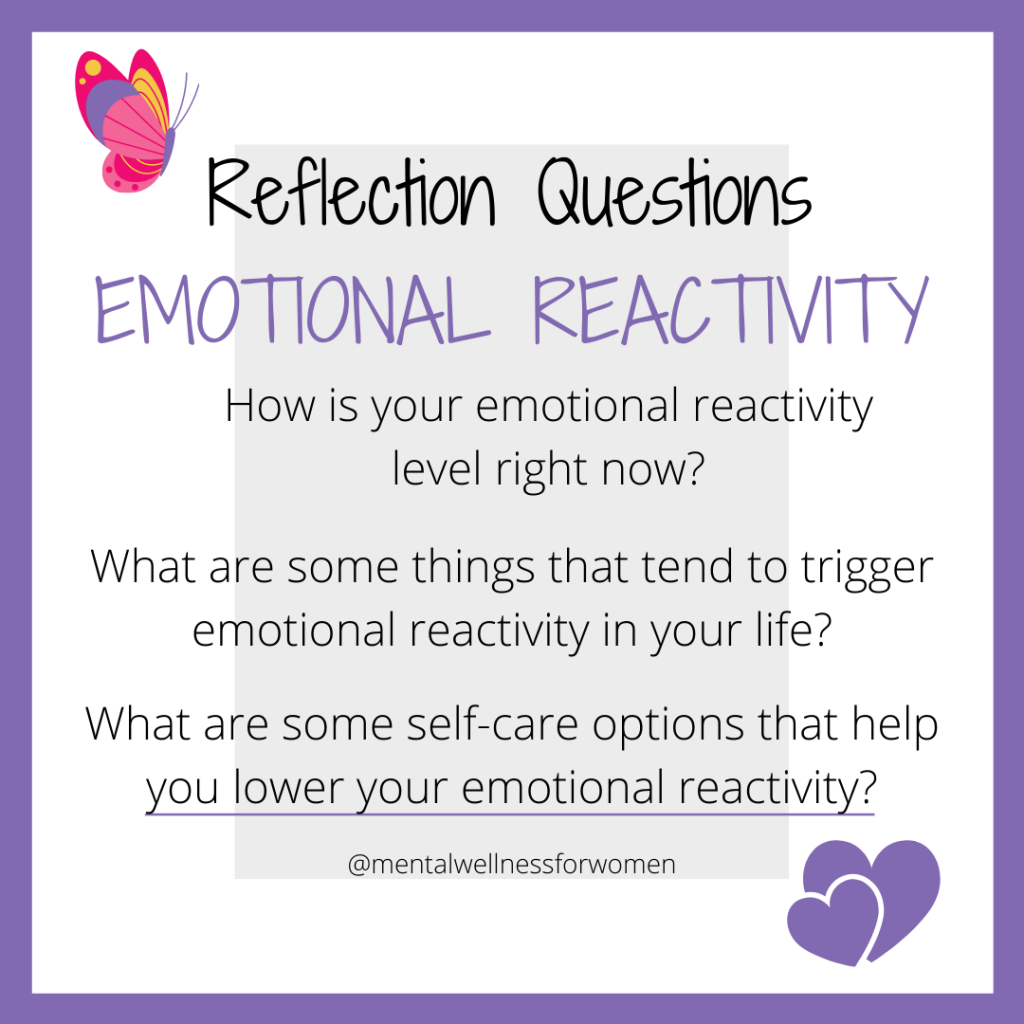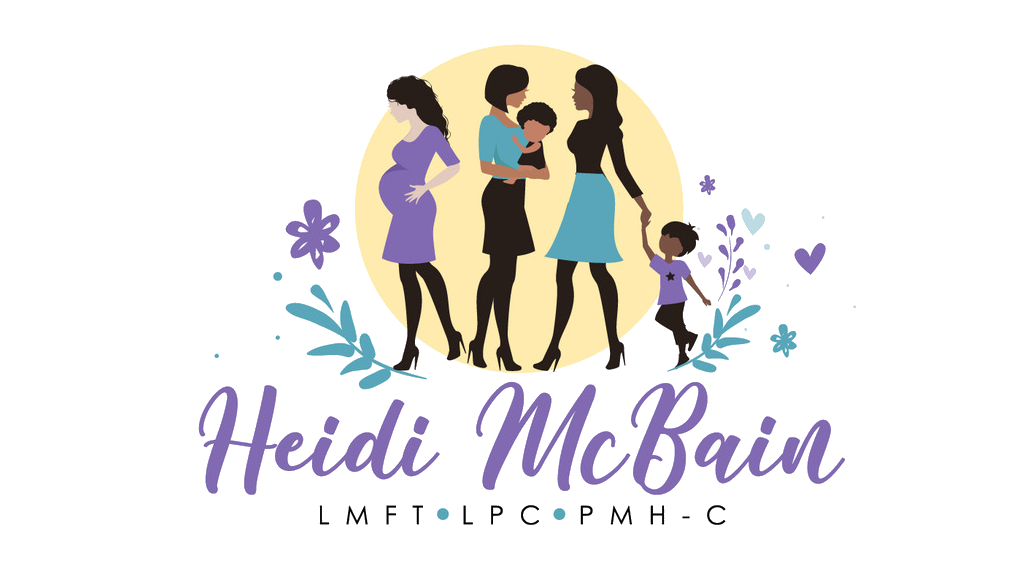

Emotions are celebrated and repressed, analyzed, and medicated, adored, and ignored — but rarely, if ever, are they honored.
-Karla McLaren
There’s nothing more inspiring than the complexity and beauty of the human heart.
-Cynthia Hand
So, I need to have knee surgery sometime in the near future for a meniscus tear that happened back in February. It’s taken months of doctor and physical therapy visits (many that were very delayed because of COVID-19 and the initial shutdown in Texas), and more recently an MRI, to get to the bottom of my knee pain. I feel validated, finally, that there truly is something bigger going on, something that wasn’t going to simply fix itself given enough time and physical therapy exercises. All that being said, I feel like I am in a good place with the surgery itself, but am still grieving all these months of not being able to live my normal, active lifestyle.
What I want to focus on in this blog is emotional reactivity and how it shows up when we’re in physical and/or emotional pain, what we can do about it, and ways we can work through it in an emotionally healthy way, all of which will hopefully have a positive impact on your life.
I want to start with some things I’ve learned in my own process of being in physical and emotional pain throughout my own life (especially when it comes to grief and loss related issues). I definitely need others (friends, family members and professionals) to come from a place of empathy, caring and compassion first, before I can even begin to hear their suggestions and possible solutions to what’s going on. Many professions and professionals do this very well, in my opinion, including doctors with a great bedside manner, physical therapists who truly relate to your physical pain, therapists who understand your emotional pain, etc. But, there are also many people, especially some support staff members, who may lack the learned empathy skills of those they work for in the professional world, and without empathy, there is a lack of connection between them and others. Furthermore, this isn’t just in the professional realm either, the empathy first rule works great with yourself, your partner, your children, your parents, your siblings, your friends, your neighbors, etc. Use it first; it really does help!
Second, when I felt my own emotional reactivity rise during the months of frustration leading up to my torn meniscus diagnosis, I had to take a step back and ask myself some questions to figure out what was really going on at that deeper emotional level for me.
Here are some questions to help you get to the bottom of your current emotional reactivity:
- Which of my needs are not being met and why?
- What am I feeling sad about?
- Could this really be grief and loss related?
- What am I nervous and anxious about?
- What am I still confused about?
- Where am I not feeling seen, heard and understood?
- What would help me to feel more supported right now?
- Where in my life do I need more empathy, caring and compassion?
- What do I have control over in this process?
- 10.What do I need to let go of because it is out of my control?
Personally, gaining clarity by answering all of these questions helped me move forward in some areas and ask for more information and support in other places.
The following are some self-care ideas to help lower emotional reactivity:
- Set clear boundaries with others
- Clearly ask for what you need
- Practice being thankful and grateful
- Talk to family and close friends about how you’re really doing
- Creating time and space process what’s triggering your emotional reactivity (such as journaling)
- Get a good night’s sleep
- Practice different breathing, meditation, and mindfulness exercises and techniques
- Take mini relaxation breaks throughout your day
- Create a kind and compassionate inner dialogue for yourself (this often includes mantras such as “I am enough”).
- 10.Therapy can be immensely helpful with emotional reactivity
So, there you have it! I hope you’ve learned some helpful things about your own emotional reactivity, such as where it might be stemming from in your own life and things you can do to work through what’s going on underneath the “surface” issues, so you can move past them, feel better, and start feeling like yourself again soon. I’m right there with you!
